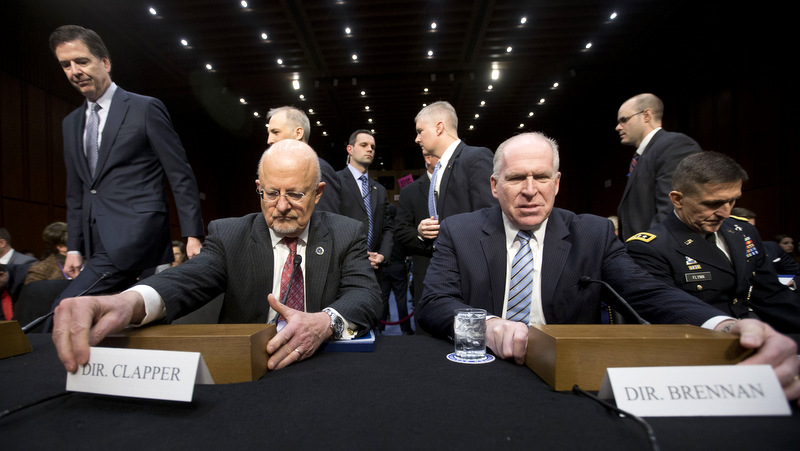
Following the attacks on the United States in September 2001, how the Central Intelligence Agency detained and interrogated terrorists, or suspected terrorists, became a point of contention.
The CIA eventually undertook a campaign to employ extraordinary rendition when needed by capturing agency and military targets, then shuffling them around the world from one secret prison to another.
While in each prison, a wide array of torture tactics were employed. Among other forms of harassment, detainees would have cigarettes stubbed out on their skin, be hung upside down, endure exposure to disorienting light and music, face starvation or sleep deprivation, or kept naked, hooded, chained and handcuffed.
These practices are at the heart of a 6,300-word classified report dubbed the Study of the Central Intelligence Agency’s Detention and Interrogation, which details the torture of detainees following the 9/11 attacks. The report was carried out by a U.S. Senate Intelligence Committee investigation, and advocates want it released to the public.
“Yet five years after the launch of this critical oversight effort, the report remains classified — its findings hidden from the American people,” Raha Wala, senior counsel for defense and intelligence with Human Rights First, argued in an op-ed for The Hill’s Congress Blog last week. “That’s unacceptable — and it’s in large part due to the CIA’s unwillingness to fully cooperate with the committee, and the White House’s decision to completely defer to the CIA on the matter. That needs to change now, starting with full cooperation from the White House with the committee’s oversight efforts, and unreserved support not only for the Justice Department’s inquiry into the spying allegations, but also declassification and public release of the committee’s study.”
However, a new wrinkle in the process is unfolding, as allegations that the CIA spied on Senate Intelligence Committee members and staffers have been leveled.
The CIA has fired back at the accusations, saying Congressional employees took material from the agency that they weren’t allowed to have — namely an internal report by the agency of the same interrogation and torture practices that the Senate committee’s investigation looked into.
Now each side is accusing the other of spying on it, with “the Justice Department now playing the uneasy role of arbitrator in the bitter dispute,” The New York Times reported on Friday.
The CIA’s internal review is reportedly fairly harsh on itself. According to people who have seen the internal review, it was “particularly scorching in their analysis of extreme interrogation methods like waterboarding, which the memos described as providing little intelligence of any value,” the Times reported.
Human rights groups aren’t surprised by the squabbling between Congress and the CIA or the idea that both bodies are spying on one another. Their only concern is that the Senate Intelligence Committee’s report be released.
“What we don’t yet know is whether the U.S. Government will ever come clean about the torture of detainees since 9/11,” Amnesty International said last month. “Nothing good can come from sweeping details like these under the rug — by making the report on CIA torture public, we can begin to seek accountability and reform.”

